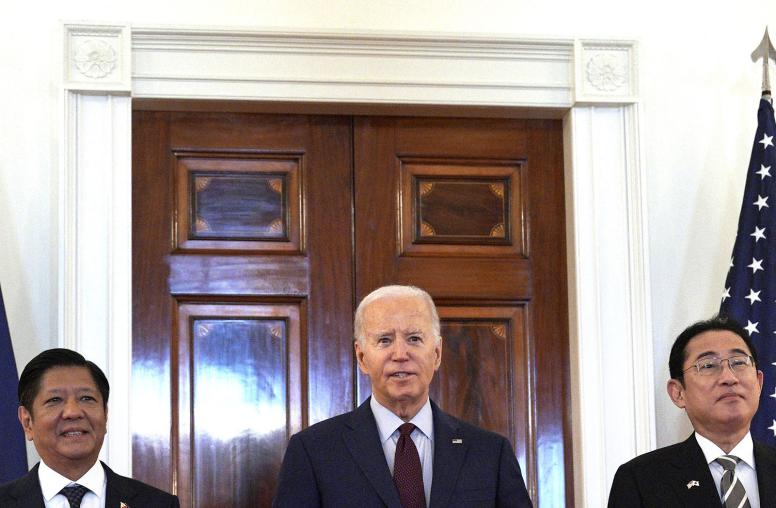Managing Crisis and Sustaining Peace Between China and the United States
Senior Fellow Project Report
As China continues its rise as a major power and the U.S. seeks to assert its global leadership, increased competition between the two will be inevitable. Senior Fellow Xinbo Wu, a leading Chinese expert on U.S.-China relations, will discuss ways to better manage potential future crises in bilateral relations through an analysis of some of the flashpoints in U.S.-China relations. Eugene Martin, executive director of USIP’s Philippine Facilitation Project and former deputy chief of mission in Beijing, will serve as the commentator.
Wu is an associate dean of the School of International Relations and Public Affairs at Fudan University in Shanghai as well as a professor and deputy director at the Center for American Studies. He has won grants from the Ford Foundation, the Asia Foundation, and China’s State Education Ministry, and has been a visiting fellow at the Brookings Institution and the Stimson Center, among others. He holds a Ph.D. in international relations from Fudan University.
Speakers
- Xinbo Wu
Senior Fellow, U.S. Institute of Peace - Eugene Martin, Commentator
U.S. Institute of Peace
Archived Audio
To listen to audio or to view video, please click on the links provided below. You also can right click on the links and choose "Save Target As" or "Download Linked File." This will save the file to your computer and then allow you to play it in your media player directly. More Audio Help.
- Listen to the audio from this event.
1:27:26 - 15.7MB



